
A vandalized mosque in Diana, Central Sri Lanka.
Colombo, Sri Lanka, MINA – Violence against Sri Lanka’s Muslim minority continued Thursday, despite a state of emergency.
Petrol bombs were hurled at a mosque overnight in the town of Kuruwita even as hundreds of police, soldiers and commandos had been placed on duty to quell violence in Sri Lanka’s Kandy District.
A daytime curfew within Kandy city’s limits was relaxed Thursday morning in a sign of improving conditions, only to be re-imposed in the afternoon as communal violence claimed a third life within a week.
A police officer not authorized to speak to the media told Anadolu Agency that scattered incidents of violence were reported in several parts of the country, especially arson attacks against Muslim-owned businesses.
Also Read: Pakistan Condemns Israeli Settler Attacks in West Bank, Al-Aqsa Storming
One person was killed and three police officers were injured when a grenade exploded, said police spokesman Ruwan Gunasekera, adding seven people were arrested in connection with the incident.
“So far, there have been 85 arrests in connection with a series of incidents of communal violence,” he said.
More than 200 homes, businesses and vehicles have been torched in three days of violence, according to the Agence France Presse news agency, although unconfirmed reports say the number could be slightly higher, given that minor incidents were still occurring.
The government on Wednesday blocked popular social media platforms including Facebook, Viber and WhatsApp to contain extensive rumor mongering and hate speeches targeting the Muslim community.
Also Read: China Criticizes US-Drafted UN Gaza Resolution as Vague, Abstains from Vote
Trade and Commerce Minister Rishad Bathiudeen told Anadolu Agency that urgent steps should be taken by the government to ensure the safety of Muslims.
“This kind of repeated violence can only lead to extremely negative results,” he said.
Amid severe criticism against police inaction, the law and order portfolio temporarily held by Prime Minister Ranil Wickremesinghe was handed to a senior politician.
Muslim leaders have come out strongly against the failure to bring the situation under control. In a parliamentary address Wednesday, Sri Lanka Muslim Congress Leader Rauff Hakeem, who is also minister of city planning and water supply, strongly criticized the police force for their inaction and failure to contain the situation.
Also Read: Former Bangladesh PM Sheikh Hasina Sentenced to Death
“Attacks on religious establishments and damaging private property have been part of this issue. These are not just isolated events but well-organized activities by certain individuals or a group to destabilize, to discredit the government,” he said.
In a statement issued in the aftermath of the state of emergency being declared, former president Mahinda Rajapaksa said it was time for Sri Lanka to move beyond communal political parties and to return to the tradition of multiethnic national parties.
Islamophobic narratives fuelling communal violence
“There was a time when leaders of all communities worked within one single political entity without being divided on ethnic lines,” he said, inferring that the flourishing of ethnic political parties was fueling communal tensions.
Also Read: Pakistan Declares State of War After Car Bomb Incident
Protesting against the recent attacks, five women’s groups from the Tamil and Muslim majority north and east of Sri Lanka called for an end to the violence and grief in a country that has experienced 30 years of ethnic strife.
The communal violence has hit the minority Muslim community hard.
According to Amnesty International, on March 5, a mob set homes, shops and a mosque belonging to the local Muslim community ablaze in the Digana area of Kandy.
“Everything is being done to bring the situation under control,” said National Dialogue Minister Mano Ganesan.
Also Read: Jakarta Hosts Gala Dinner for World Peace Forum Delegates
In an interview with Deutsche Welle, Alan Keenan of the International Crisis Group warned that “Sri Lanka was on the brink”.
Faulting the island’s much critiqued human rights record and culture of impunity, Keenan noted that beyond containing violence as an immediate requirement, there was a need to educate the public about many myths that are being spread about the Muslim minority.
Saying that Islamophobic narratives were flaming communal violence, Keenan noted that extremist Buddhist elements were fostered openly by the former regime, resulting in a direct increase of violence against the Muslim minority.
All schools in Kandy District were indefinitely closed while a police curfew continues for a fifth consecutive day. Leave for the entire police force was also cancelled with immediate effect.
Also Read: Indonesian Minister Urges Synergy Between Wasathiyah Islam and Chinese Wisdom
Turkey’s Foreign Ministry condemned the violence in a written statement Tuesday.
“We are concerned by the acts of violence recently perpetrated in various regions of Sri Lanka and targeting the Muslim population and their buildings,” the ministry said.
Since November 2017, there have been significant incidents of communal violence in three regions of the island state — the South, East and Central — targeting the Muslim minority.
Nearly 75 percent of Sri Lankans belong to the majority Sinhalese community while Tamils make up another 13 percent. Muslims make up around 10 percent of the island’s nearly 22 million people. (T/RS5/RS1)
Also Read: New Delhi Covered in Toxic Smog: Residents Say ‘We Can Hardly Breathe’
Mi’raj Islamic News Agency (MINA)





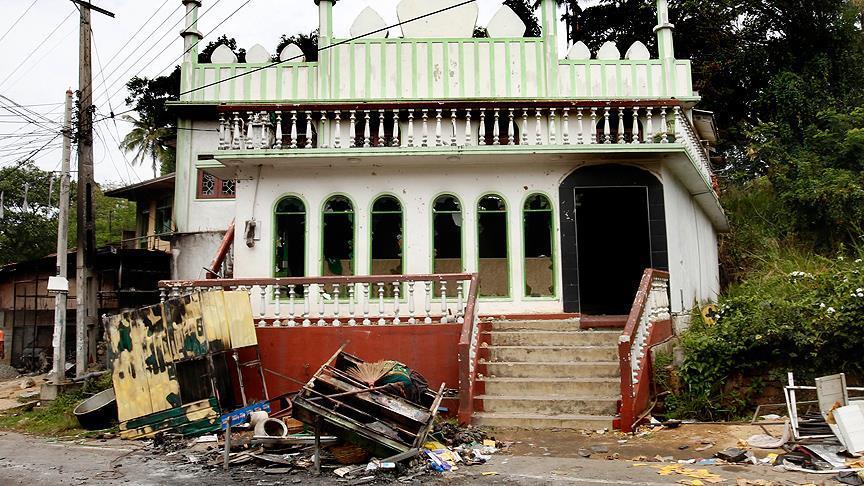

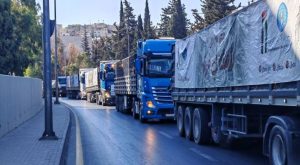
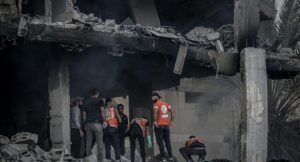


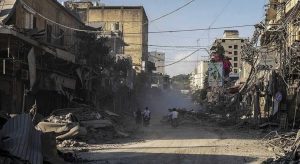
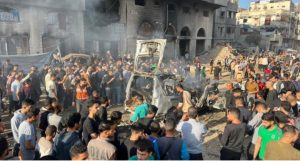
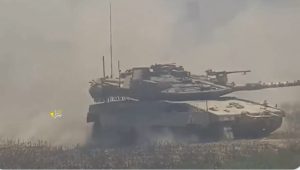
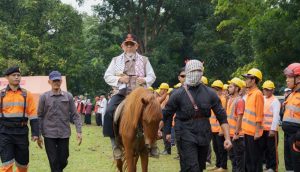
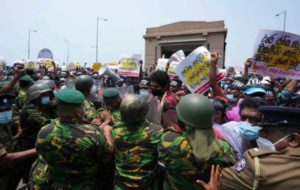
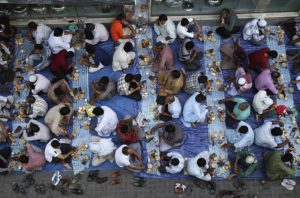
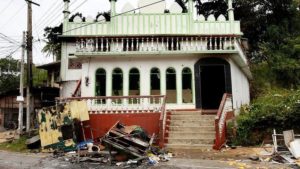
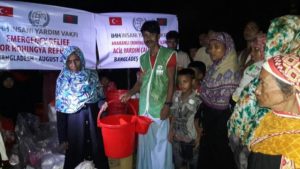
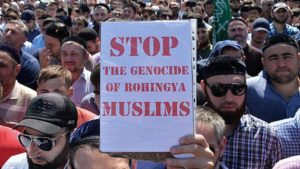
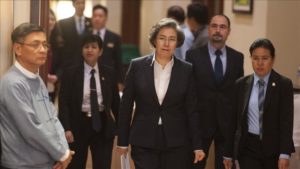














 Mina Indonesia
Mina Indonesia Mina Arabic
Mina Arabic